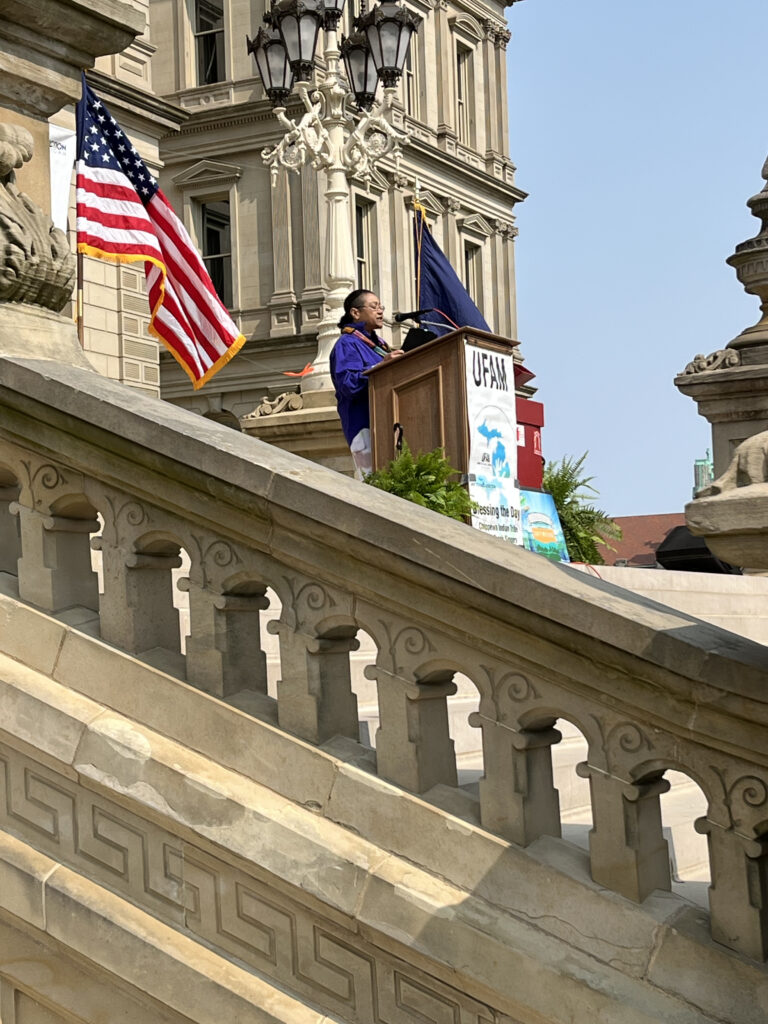Belong (intransitive verb)
1 a : to be suitable, appropriate, or advantageous
b : to be in a proper situation
2 a : to be attached or bound by birth, allegiance, or dependency
3 : to be an attribute, part, adjunct, or function of a person or thing
Belonging. It’s an integral part of our wellbeing. Our sense of belonging within ourselves and among others. It gives us wholeness and connection.
If we feel disconnected within ourselves we lose our own sense of belonging in our bodies. Trauma and addiction can amplify this sense of fracturing and disconnection. Being non-binary or transsexual in a homogenous and binary world intensifies a sense of otherness and non-belonging.
The practice and philosophy of yoga is one of integration and belonging within our bodies, minds and spirits. For ourselves as individuals and for our collective community.
I grew up feeling like a mistake, an aberration, a flaw… not belonging. I was born of an unwanted and unexpected pregnancy. I grew up fatherless and still do not know who my father is. I experienced parental violence and sexual violation. I held secret my attraction to people of the same sex.
This story of not belonging was woven into all my behaviors. The energy I put into academic, music or athletic achievement. The way I thought others thought of me, which influenced my people pleasing and shape shifting to fit my environment and deny other parts of myself. The dissatisfaction and self-shame at my insufficiency fueled my alcohol intake and even my eating.
On the yoga mat, in my body, the story of my non-belonging shows up in how I feel about the shape or strength or flexibility of different parts of me. It shows up in my judgment, the degree to which I quit or the degree to which I push myself.
My task in my yoga, tai chi and meditation practices is to notice when I’m in the throws of my non-belonging story and acknowledge that I’m running, self-harming or in some other way not accepting ME.
And the healing spaces I choose need to be spaces where I can show up as my whole me – an Afro-Asian, queer, vertically challenged, survivor of trauma, alcoholism and dysfunction. Also as an intelligent, funny, creative, playful and spirit-seeking person.
Our community healing spaces must foster belonging. Not just inclusion or tolerance. I don’t want to be tolerated and endured. I don’t want to be tokenized or accommodated.
I want to belong.
A need for belonging is a common theme among the students I’ve been blessed to teach, work with and get to know over the years. Beautiful beings with curvy bodies, brown/black/tan/lighter-skinned bodies, transitioning or questioning bodies. Amazing people with fragile or overloaded minds, ongoing or arrested addictions, criminal pasts and consequences. Community members in search of community, sometimes not knowing that’s what they needed in order to heal and grow.
They don’t want to be tolerated, accommodated or pitied. They want to be seen and heard and understood.
Whether it’s a yoga studio, gym, recovery service, mental health therapy office – belonging should be front and center, in my humble opinion. The era of conformity, assimilation, mainstreaming is over. We need better. We deserve better. We cannot grow or heal as individuals and a community without it.
What does it look like?
Stickers, signs and flags are not enough. It’s what we actually DO that matters. Who are we interacting with? Who are we reaching out to as a new friend? Are our offerings varied in skill and even the hours of day? Is our language inviting and accepting or othering? Do we really embrace that we all belong and have much in common, or do we believe in what separates us and fractures us?
Simple stuff like bathrooms are token gestures, like desegregating water fountains and schools in the 60s. Do we make women only and men only programs? Do we assume someone’s gender or misgender people often? Do we assume the person of color who comes into our healing space is a) lost; b) needs a discount because they can’t pay; or c) is here to do us harm? Do we touch people – hugs, pats on the back, yoga adjustments – without asking? Triggering a fear, a memory, a trauma.
I don’t call these micro aggressions. I call it habituated harm. It’s born of inattentiveness, mindlessness and an entitled affirmation born of isolation.
I am not an authority. I am just one person with a lived experience who works with many people in their experience of life and what fractures them. I am just sharing what I’ve learned and what I hope for.
When we only affirm ourselves with others of the same beliefs, experiences, we close ourselves off – we ignore (def: to refuse to take notice of) – to growth and expanded understanding. We close ourselves off to connecting and belonging.
I had to believe I belonged even in systems and family dynamics that said I didn’t. Are we, those of us driving systems and family dynamics, doing the same?
The margins get to erode when we tear down the lines we’ve made in the sand of what’s “within the norm” and the “outlier.” They don’t erase themselves. We built the walls. It’s up to us to tear them down.
Belinda Thurston was a speaker at the Unite to Face Addiction Michigan Rally on May 18, 2023 on the need for more belonging in spaces that facilitate recovery and healing.
